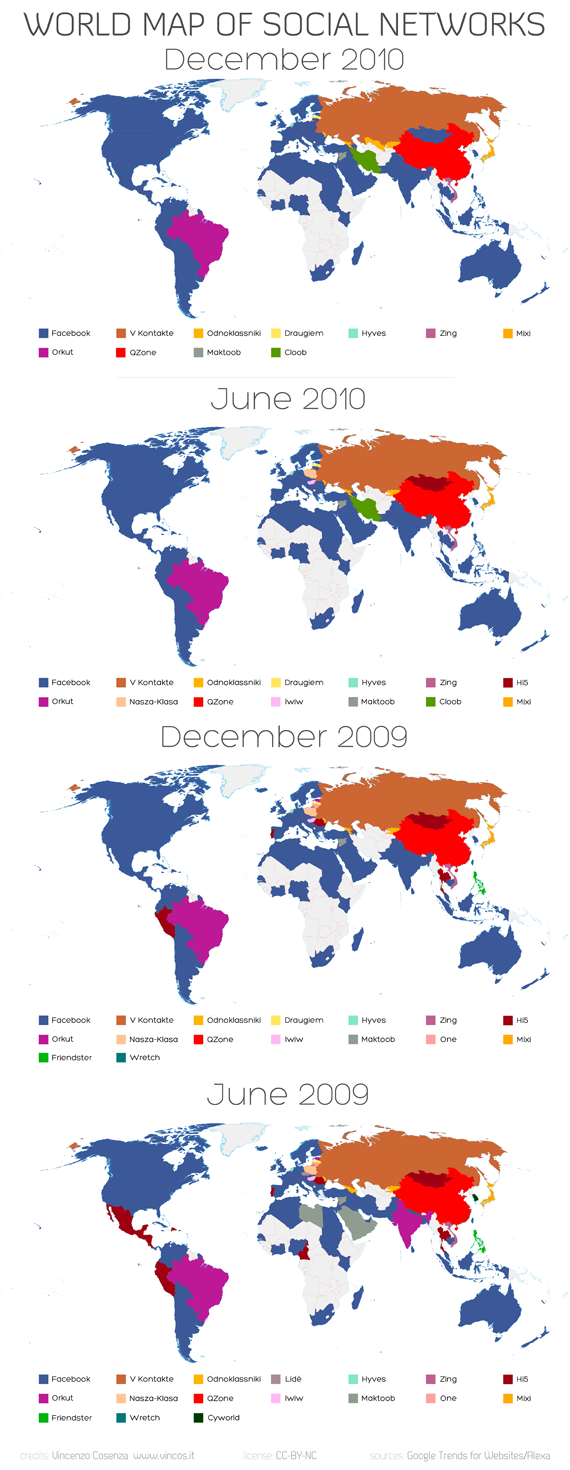.
Women's Rights and the Sharia
According to the Sharia, despite declarations of the equality of the sexes before God, women are considered inferior to men, and have fewer rights and responsibilities. A woman counts as half a man in giving evidence in a court of law, or in matters of inheritance. Her position is less advantageous than a man’s with regard to marriage and divorce. A husband has the moral and religious right and duty to beat his wives for disobedience or for perceived misconduct. A woman does not have the right to choose her husband, or her place of residence, to travel freely or have freedom in her choice of clothing. Women have little or no autonomy and are deemed to need the protection of their fathers, husbands or other male relatives throughout their lives. Any conduct that undermines the idea of male supremacy will fall foul of the Sharia.
The legal age of marriage varies from country to country, ranging from 9 in Iran to 13, 15 or 17 (in Tunisia). This follows from the marriage of Mohammed to Aisha, a 9-year-old girl, when the Prophet was 53. It should be noted, however, that the Prophet was allowed many actions by Allah that were denied to the other faithful, and not all Muslim scholars would accept the Aisha marriage as a precedent.
The various Sunni schools of law and that of the Shi'ites differ on a number of points important to women. In all schools, however, marriage is a contract according to which the husband should perform sexually and provide materially for the wife. The wife must have sex whenever the husband wishes. A man can easily divorce a woman by pronouncing that he is divorcing her three times. Polygamy with up to four wives is permitted, and in the Shi'ite sect, temporary marriage is allowed whereby a man can have access to an unlimited number of women. The practice is known as Mot'a or Sigheh. Men are also permitted concubines and female slaves.
In many Islamic countries a Muslim woman is not allowed to marry a non-Muslim man whereas Muslim men are allowed to marry non-Muslim women. With the object of protecting morality and preventing sexual anarchy, women are expected to cover their whole bodies bar their faces and their hands up to their wrists. The Sharia is totally opposed to freedom of dress – for women. This is obviously a huge barrier to the personal development of women, not allowing them to develop sexually and as people. It is inhumane to imprison women behind veils when it is the men who according to Islamic law cannot be trusted to control themselves. On the pretext of protecting their honor women are kept locked up, isolated and unable to enjoy a full life or to develop their potential.
In order to protect their morality women can have no contact with men to whom they are not related without the presence of a male relative. The segregation of sexes in this way makes it very difficult for women to leave their houses and participate in society in any way at all. Under the Taliban many war widows were forced into starvation. Their crime? Had they prayed harder their husbands would have survived!
Many apologists for Islam, women among them, argue that women are happy in their roles in Islamic society, happy to be afforded the protection of their menfolk and to be kept away from the gaze of other men. But this of course is a false argument. If some women want to stay at home under the protection of their men they can do so. But do the apologists for Islam have the right to tell all other women, including non-Muslims, how they should behave? Women deserve to be treated as autonomous human beings and for this reason alone misogynistic Political Islam and its imposition of the Sharia should be opposed.
.
http://www.ntpi.org/html/womensrights.html
.
.














No comments:
Post a Comment